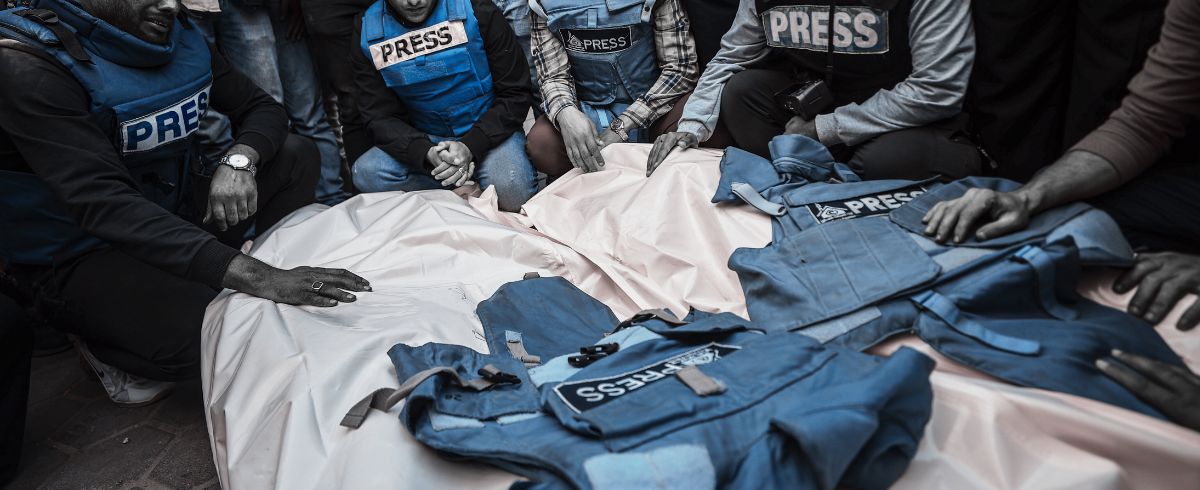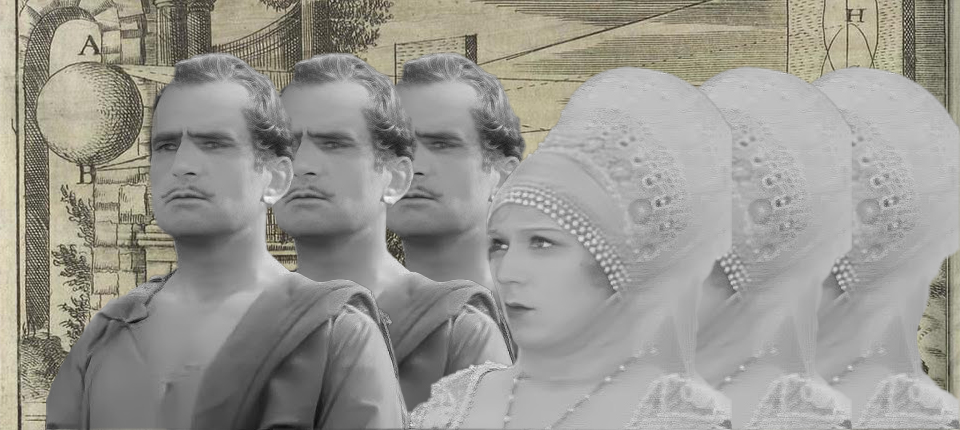Perhaps no one has suffered more than Dickens from the enthusiasm of his admirers, by which he has been made to appear not so much a great writer as an intolerable institution. People read Dickens who boast with truth that they have read nothing else. Others talk of him in the proprietary way that Yorkshiremen talk of Yorkshire. And on this account it is easy enough to believe that you have read Dickens without having opened him since childhood: you have not merely read him, but you have made up your mind that you do not want to read him again. So, from photographs and coloured postcards one has seen all one ever hopes to see of the Taj Mahal or the Bay of Naples. But, happily for the health of the soul, there exist country inns and wet Sundays; there exist on the solitary shelf of the single sitting room only Edna Lyall and Charles Dickens. Faced with the alternative of counting the raindrops, people have been known to declare that they would rather demolish Dickens, and, proceeding sternly enough to do so, they have emerged at the end of four or five hours protesting that no one has over read Dickens before. It can only be a question whether any other English novelist, save Scott, has a right to be called Shakespearian. Like Shakespeare and like Scott, his faults are so colossal that, had he been guilty of them alone, one might have inferred the prodigious nature of his merits. The extravagance of a first acquaintance wears away; doubts and difficulties arise; the book marker stays wedged in the mass of Nicholas Nickleby for months at a time; the Brothers Cheeryble prove almost insurmountable; and yet the certainty is none the less sure that somehow or other Dickens was a very great man.
Perhaps Mr Crotch is too much of an admirer to help us to interpret this somehow or other more exactly. He has remained rather in the first stage of astonishment when it is natural to speak of Dickens and Shakespeare in the same breath. But, if he is what is called a “Dickensian”, it is by no means true to say of him that he has read no one else. He has road widely in English literature, but he has read always, so it seems, to the glory of Charles Dickens. Great men appear to him either as the forerunners or the successors of his hero; and though this is undeniably true in one sense, it is apt to be false in another. Perhaps Mr Crotch does not exaggerate his hero’s debt to the past; though, as is usual in these cases, the links by which Dickens is attached to Richardson and Fielding, the Social Revolution and the battle of Waterloo, the female novelists and the Factory Acts, are of the most elastic description. But what are we to say when he claims that “Thackeray was so much the creation of the older writer that, had the latter never come to maturity, it is, to say the least of it, doubtful whether Vanity Fair or Esmond would over have been given us”? As if it were not enough to make Dickens swallow Thackeray at one gulp, we are bidden to observe how much of Mrs Gaskell, Kingsley, Wilkie Collins, Charles Reade, Bret Harte and Kipling is directly, though spiritually, the work of Dickens. We admit to have thought that Hawthorne was protected both by the Atlantic and by a certain natural distinction of genius from the infection. But it is not so.
It would be a dull man indeed who did not discern the very spirit of the master in the romances of Nathaniel Hawthorne, with their fresh, almost childlike delight in the frank, unconscious charm of unspoilt natures … Not less discernible is Hawthorne’s indebtedness to him in that early sense of horror which comes upon us in the pages of both with a force all the more compelling because of its swift suddenness.
After this example of the creative powers of Dickens we own to have felt some alarm lest it could be proved that his spirit not only crossed the Atlantic but somehow anticipated its appearance in the flesh. We become nervous whenever a new author is introduced lest he shall be shown to be only Dickens in disguise. Is, this, then, the secret of Dickens to which Mr Crotch refers in his title? If everybody is, in a way, somebody else, would it not be simpler to call them all Charles Dickens and have done with it?
But it is easy to poke fun at enthusiasts, and the laugh after all remains with them. In his hunt up and down the centuries, in and out of social, philanthropic, and literary currents, Mr Crotch starts a great many hares which are well worth pursuing, whether we catch them or not. There is the fundamental question of morality. Dickens “evinced an unique domestic purism undiscoverable anywhere except in England”, and, according to Mr Crotch, indisputably to the advantage of his novels. And yet perhaps there is no single characteristic that so alienates the present generation from Dickens and Thackeray as their insistence upon this same “domestic purism undiscoverable anywhere except in England”. It is not only that by so doing they restrict their sphere: it is that their refusal to say things is, after all, equivalent to saying them rather emphatically. Again, there is the question of democracy and literature. The greatness of Dickens, according to Mr Crotch, lies in his “quality of looking at life and of judging all institutions from the standpoint of the common man”. On that account both he and Shakespeare are assured of immortality. But Shakespeare’s democracy, we feel, was an extremely expansive society by no means limited to the common man. Nor can we be certain that the “average, wholesome, human son of Adam” appeared to Shakespeare more profound, elemental, and worthy of his study than Lear, who was probably a “highbrow”, and certainly a king. But it is not for the quality of his genius that one likens Dickens to Shakespeare, but for its spontaneity and abundance.
The post Dickens by a disciple appeared first on TLS.

 By Times Literary Supplement | Created at 2024-10-29 21:41:39 | Updated at 2024-11-05 14:32:34
1 week ago
By Times Literary Supplement | Created at 2024-10-29 21:41:39 | Updated at 2024-11-05 14:32:34
1 week ago








